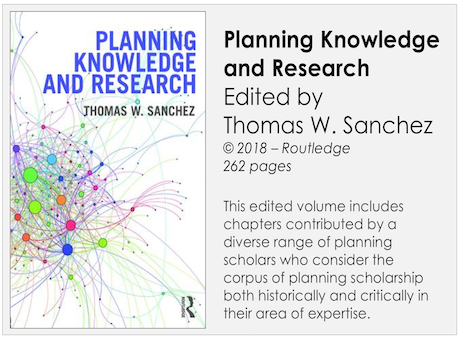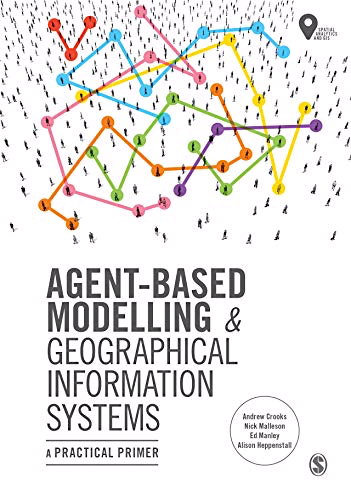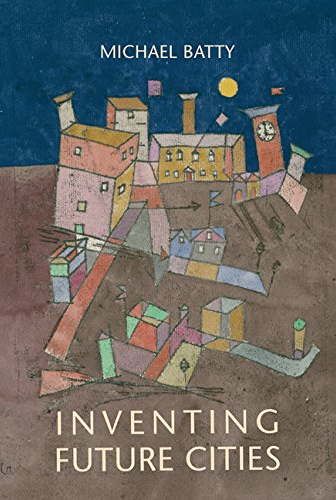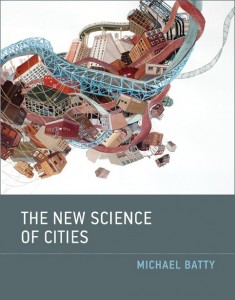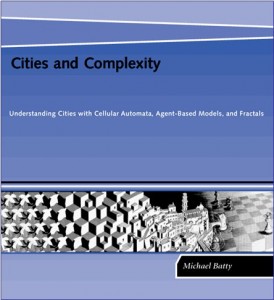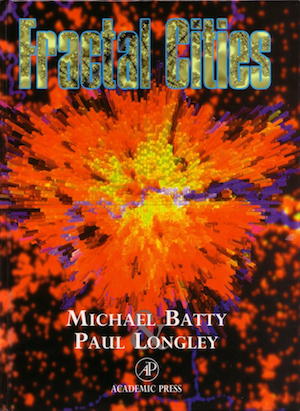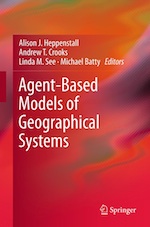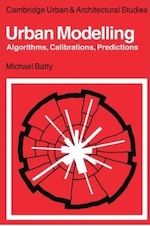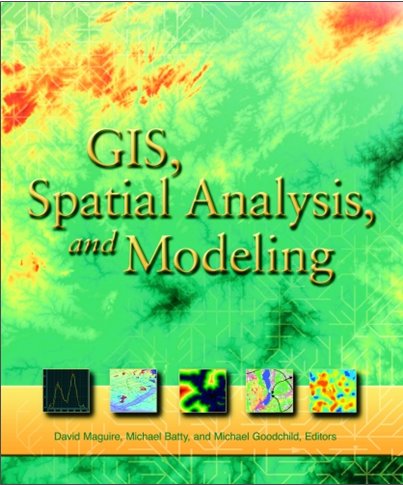Here is a useful and interesting book on the nature of planning knowledge and research. My own contribution – click here to get the original PDF – is about scientific method and how theory and models pertain to the field of planning. But mine is old hat and there are some really sharp and focussed contributions here.
This is from the publishers blurb: The field of urban planning is far-reaching in breadth and depth. This is due to the complex nature of cities, regions, and development processes. The knowledge domain of planning includes social, economic, technological, environmental, and political systems that continue to evolve and expand rapidly. Understanding these systems is an inter-disciplinary endeavor at the scale of several academic fields. The wide range of topics considered by planning educators and practitioners are often based on varying definitions of “planning” and modes of planning practice. This unique book discusses various elements and contributions to urban planning research to show that seemingly disparate topics do in fact intersect and together, contribute to ways of understanding urban planning. The objective is not to discuss how to “do” research, but rather, to explore the context of urban planning scholarship with implications for the planning academy and planning practice.
And here are the contents:
TABLE OF CONTENTS
Introduction: Planning Knowledge and Research: Thomas Sanchez
Part I
How Theory Links Research and Practice: 70 Years’ Planning Theory: A Critical Review: Ernest Alexander
Mapping the Knowledge Domain of Urban Planning: Thomas W. Sanchez and Nader Afzalan
Planning Research in the Service of Planning Practice: Process and Implementation: Carolyn G. Loh
Striving for Impact Beyond the Academy? Planning Research in Australia: Paul Burton
Part II
Planning Culture: Research Heuristics and Explanatory Value: Karsten Zimmermann, Robin Chang, and Andreas Putlitz
The Relationship of Green Places and Urban Society: Understanding the Evolution and Integration of City Planning with the Ecological Sciences: Charles Hostovsky
Evolution in Land Use and Transportation Research: Dea van Lierop, Geneviève Boisjoly, Emily Grise, and Ahmed El-Geneidy
Monitoring Sustainability Culture: An Overview of a Multi-Year Program of Evaluation Research at the University of Michigan: Robert W. Marans and John Callewaert
Part III
Towards an Object-Oriented Case Methodology for Planners: Robert Beauregard and Laura Lieto
Urban Morphology as a Research Method: Brenda Case Scheer
The Unwarranted Boundaries between Urban Planning and Design in Theory, Practice and Research: Davide Ponzini
Part IV
Use of Planning Magazine to Bridge the Gap Between Researchers and Practitioners: Kathryn Terzano and Reid Ewing
Planning from the Inside Out: Using GIS Technology & Citizen Science Post-Disaster in New Orleans: Michelle M. Thompson
Planning Our Future Cities: The Role Computer Technologies Can Play: Robert Goodspeed, Peter Pelzer, and Chris Pettit
Science in Planning: Theory, Methods and Models: Michael Batty
Postscript: Tom Sanchez
Appendices

